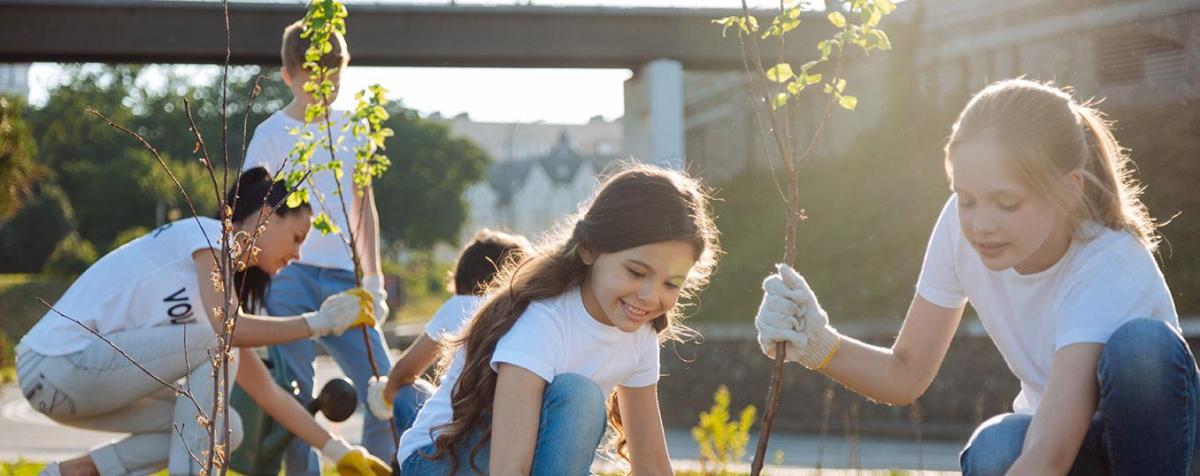Improving Child Welfare Practices through Collaborative Partnerships
NCWWI Develops Diverse Relationships to Work Toward Better Child Welfare Outcomes
Developed in partnership between the Butler Institute for Families and five research universities across the country, the National Child Welfare Workforce Institute (NCWWI) works to build a national workforce of child welfare professionals who are equipped to equitably support the needs of children and families from a wide variety of backgrounds. By centering diversity and inclusivity in the national child welfare workforce, the NCWWI empowers individual social workers and organizations to deliver more effective strategies for child welfare.
Funded by the Children’s Bureau, the Administration for Children & Families, and the U.S. Department of Health & Human Services, we created a wealth of knowledge resources, informational marketing materials, training programs, webinars, and a range of other publications and toolkits.
Sign up below to stay informed on all the ways we spark collaboration for impactful, public-good focused research initiatives.
About the Institute & Partnerships
Co-managed by the Butler Institute for Families, the NCWWI bridged expertise from schools of social work at the following research institutions:
- Michigan State University
- University of Denver
- SUNY - University at Albany
- University of Southern Maine
- University of Maryland
The NCWWI focuses on three central principles for advancing child welfare practices: Learning, Leading and Changing. Through Learning, we promoted inclusive, interactive knowledge that actively served to improve outcomes. In Leading, we aimed for diversity among child welfare professionals, especially in positions of leadership. In Changing, we supported public and tribal social work programs and enhanced their ability to provide innovative family-focused services.
Discover Research at DU
Robin Leake & Carole Wilcox
Robin Leake is a research associate professor based at the Butler Institute for Families. With over two decades of experience in the social sciences, specifically in intervention strategies and evaluation of human service agencies, she has worked to increase the effectiveness of agencies that service communities. Her research interests center around effective social institutions, tribal and indigenous issues, culturally responsive practice, child welfare, and organizational function.
Carole Wilcox is the Director of Organizational Development & Capacity Building at the Butler Institute for Families. She has devoted her career to implementing practices to better address domestic violence, child abuse, substance abuse, and mental health issues among families through increased engagement across geographical, cultural, economical, and tribal boundaries.










